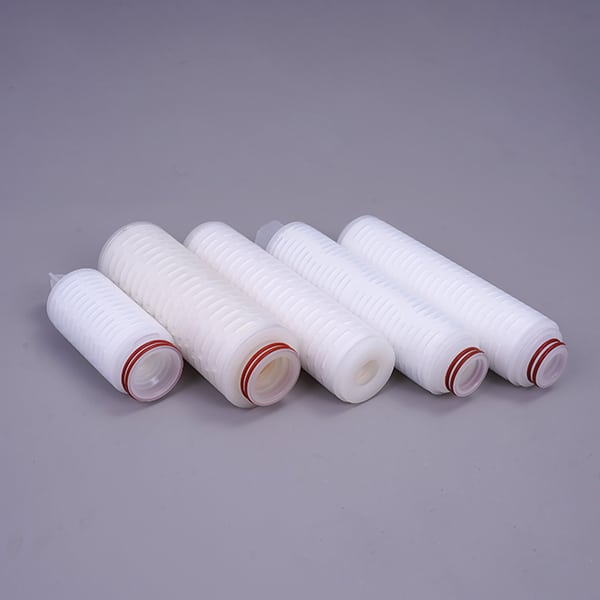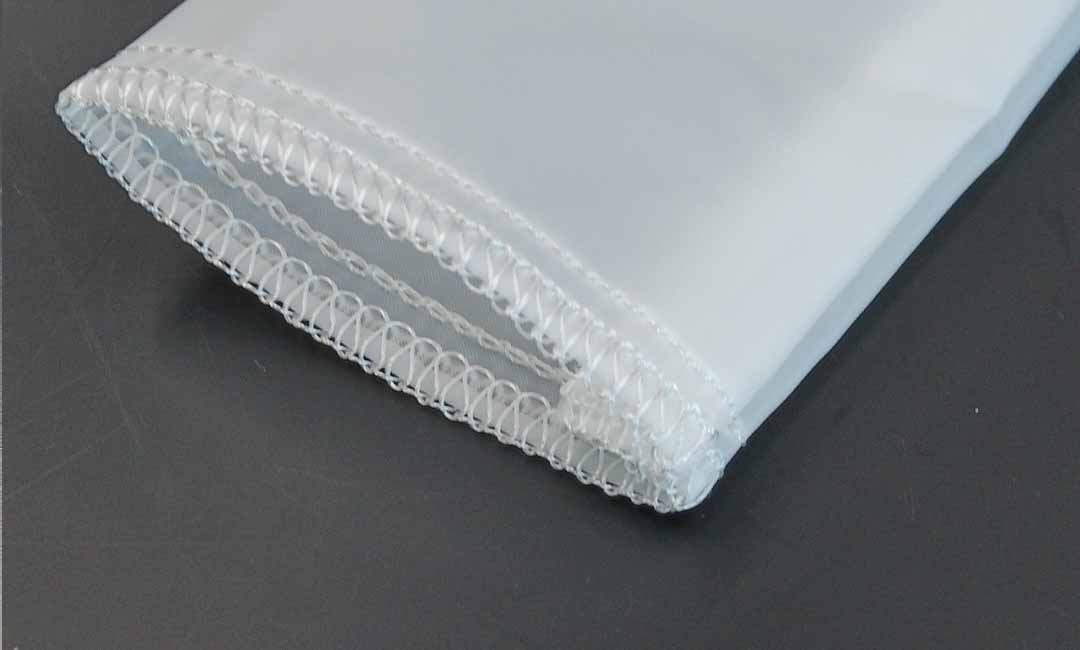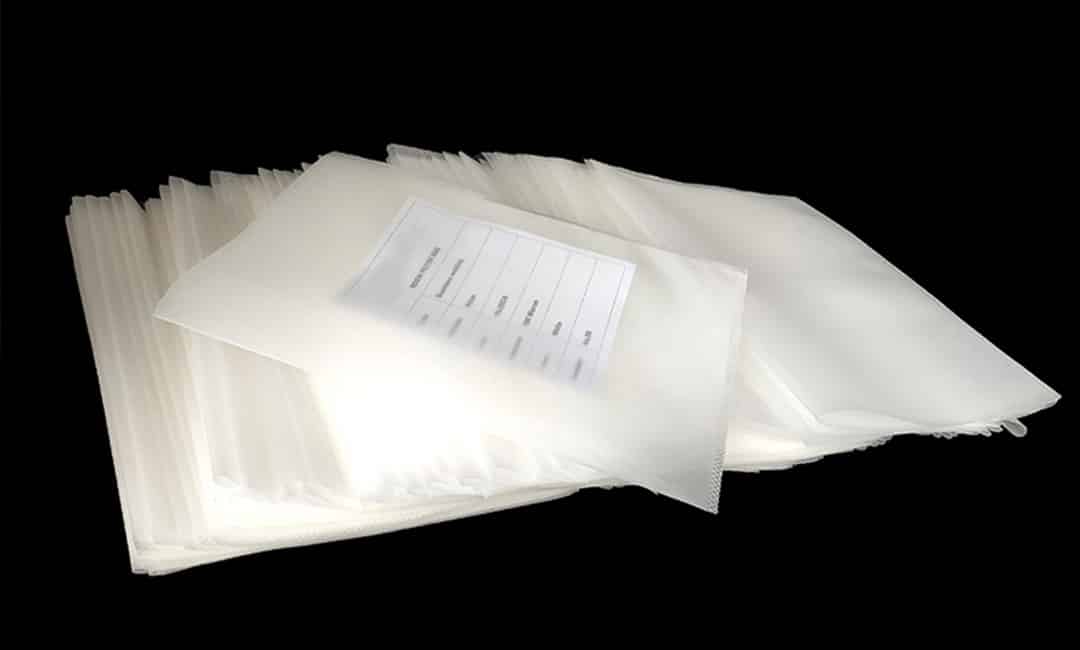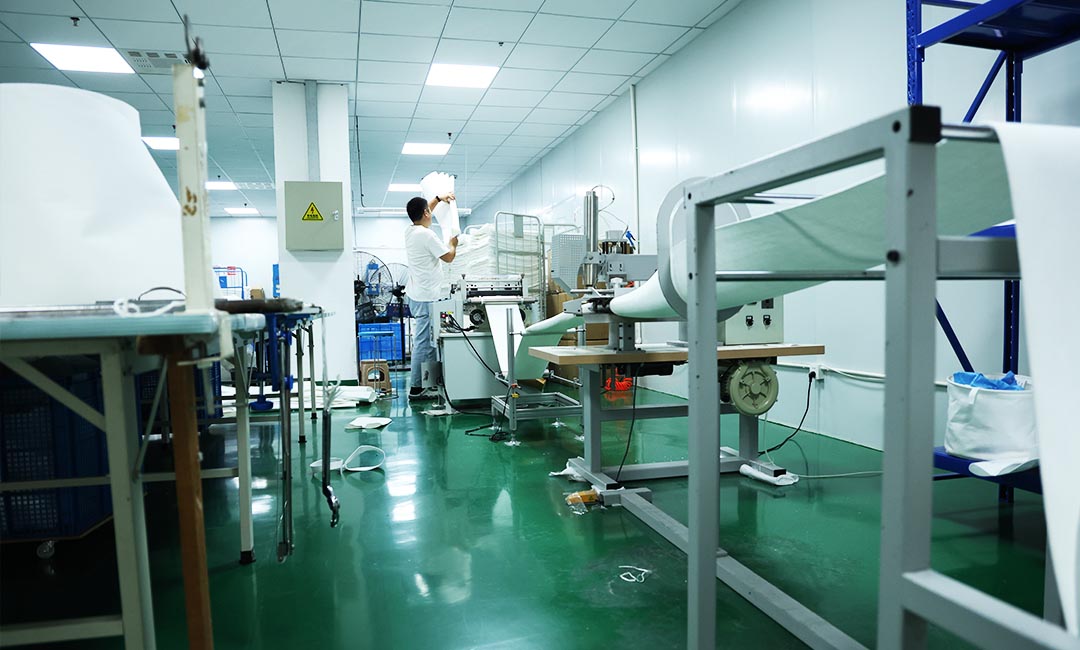
Best Substitutes for Rosin Press Bags in DIY Extraction
Nylon Mesh Screens
When it comes to DIY extraction using a rosin press, one essential component is the rosin press bag. These bags are used to contain the material being pressed, allowing the rosin to be extracted cleanly and efficiently. However, if you find yourself in a situation where you don’t have access to rosin press bags, there are a few alternatives that can be used. One popular substitute for rosin press bags is nylon mesh screens.
Nylon mesh screens are a versatile and affordable option for those looking to extract rosin without the use of traditional rosin press bags. These screens are typically used in a variety of applications, such as filtering liquids or separating materials. When used in rosin extraction, nylon mesh screens can provide a similar level of filtration and containment as rosin press bags.
One of the main advantages of using nylon mesh screens as a substitute for rosin press bags is their availability. Nylon mesh screens can be easily found at most hardware stores or online retailers, making them a convenient option for those in need of a quick solution. Additionally, nylon mesh screens come in a variety of sizes and mesh densities, allowing users to customize their extraction process to suit their specific needs.
When using nylon mesh screens for rosin extraction, it is important to choose a screen with a mesh density that is appropriate for the material being pressed. A finer mesh density will provide a higher level of filtration, resulting in a cleaner and more pure rosin extract. Conversely, a coarser mesh density will allow for more material to pass through, potentially resulting in a lower quality extract.
To use nylon mesh screens for rosin extraction, simply cut a piece of the screen to fit the size of your press plates. Place the material to be pressed onto the screen, fold the screen over the material, and then place the screen between the press plates. Apply pressure as you normally would when using rosin press bags, and allow the rosin to be extracted.

While nylon mesh screens can be an effective substitute for rosin press bags, there are some limitations to consider. Nylon mesh screens may not be as durable as rosin press bags, and may need to be replaced more frequently. Additionally, the quality of the rosin extract may vary depending on the mesh density of the screen used.
In conclusion, nylon mesh screens can be a suitable substitute for rosin press bags in DIY extraction. These screens are readily available, affordable, and can provide a similar level of filtration and containment as traditional rosin press bags. By choosing the appropriate mesh density and following proper extraction techniques, users can successfully extract rosin using nylon mesh screens. While there are some limitations to consider, nylon mesh screens can be a valuable tool for those looking to extract rosin without the use of traditional rosin press bags.
Parchment Paper
Rosin press bags are commonly used in DIY extraction processes to help contain the material being pressed and to prevent any plant matter from contaminating the final product. However, if you find yourself in a situation where you don’t have access to rosin press bags, there are a few alternatives that you can use to achieve similar results. One of the best substitutes for rosin press bags is parchment paper.
Parchment paper is a versatile and readily available material that can be used in a variety of cooking and baking applications. When it comes to DIY extraction, parchment paper can be used as a substitute for rosin press bags due to its heat-resistant properties and non-stick surface. To use parchment paper in place of rosin press bags, simply fold a piece of parchment paper in half and place your material inside. Then, place the folded parchment paper in between two sheets of parchment paper and press as you normally would with a rosin press bag.
One of the advantages of using parchment paper as a substitute for rosin press bags is that it is readily available at most grocery stores and is relatively inexpensive. Additionally, parchment paper is heat-resistant up to a certain temperature, making it suitable for use in DIY extraction processes where heat is applied to extract the desired compounds from the material being pressed.
Another benefit of using parchment paper as a substitute for rosin press bags is that it is non-stick, which can help prevent the material from sticking to the paper and contaminating the final product. This can be particularly useful when working with sticky or resinous materials that are prone to sticking to surfaces.
While parchment paper can be a suitable substitute for rosin press bags in DIY extraction processes, it is important to note that it may not be as durable or as effective as rosin press bags specifically designed for this purpose. Parchment paper may tear or break under pressure, especially if the material being pressed is particularly dense or sticky. Additionally, parchment paper may not provide the same level of filtration as rosin press bags, which can affect the quality and purity of the final product.
In conclusion, parchment paper can be a viable substitute for rosin press bags in DIY extraction processes when rosin press bags are not available. Parchment paper is heat-resistant, non-stick, and readily available, making it a convenient option for those looking to extract compounds from plant material without the use of specialized equipment. However, it is important to keep in mind the limitations of parchment paper and to adjust your extraction process accordingly to ensure the best possible results.
Coffee Filters
When it comes to DIY extraction methods, particularly in the realm of cannabis and herbal concentrates, the choice of materials can significantly impact the quality and efficiency of the process. One common component in these extraction methods is the rosin press bag, which is designed to hold plant material while allowing for the extraction of essential oils and cannabinoids through heat and pressure. However, for those who may not have access to specialized rosin press bags, coffee filters emerge as a practical and effective substitute.
Coffee filters are widely available, inexpensive, and versatile, making them an appealing option for individuals looking to experiment with extraction techniques at home. Their primary function is to separate coffee grounds from liquid, but their fine mesh structure also makes them suitable for filtering out plant material during the extraction process. This characteristic is particularly beneficial when working with finer materials, as coffee filters can effectively trap smaller particles while allowing the desired oils and essences to pass through.

Moreover, coffee filters come in various sizes and types, which allows users to select the most appropriate filter for their specific extraction needs. For instance, standard cone-shaped coffee filters can be used for smaller batches, while larger flat-bottom filters can accommodate more substantial quantities of plant material. This adaptability ensures that users can tailor their extraction setup according to the scale of their project, enhancing both convenience and efficiency.
In addition to their size versatility, coffee filters are made from materials that are generally safe for food and herbal applications. Most coffee filters are composed of paper, which is designed to withstand heat and pressure without breaking down or releasing harmful chemicals. This quality is crucial in the extraction process, as it ensures that the final product remains pure and free from contaminants. Furthermore, the porous nature of coffee filters allows for optimal oil flow, which can lead to a more efficient extraction process compared to other makeshift filtering options.
Transitioning from the practical aspects of using coffee filters, it is essential to consider the technique involved in the extraction process itself. When utilizing coffee filters as a substitute for rosin press bags, it is advisable to fold the filter in such a way that it creates a pouch for the plant material. This method not only helps contain the material but also maximizes the surface area exposed to heat and pressure, thereby enhancing the extraction yield. Once the filter is filled, it can be placed between two heated plates, where the application of pressure will facilitate the release of oils and cannabinoids.
While coffee filters serve as an excellent alternative to rosin press bags, it is important to note that they may not provide the same level of durability as specialized bags. Users should be cautious not to overfill the filters, as this can lead to tearing or leakage during the extraction process. Additionally, it may be beneficial to conduct a few test runs to determine the optimal amount of material and pressure settings for achieving the desired results.
In conclusion, coffee filters represent a viable and accessible substitute for rosin press bags in DIY extraction methods. Their availability, affordability, and effectiveness make them an attractive option for those looking to explore the world of herbal extractions. By understanding the proper techniques and considerations involved in using coffee filters, individuals can successfully create high-quality concentrates in the comfort of their own homes.
Cheesecloth
When it comes to DIY extraction methods, rosin press bags are often used to contain the material being pressed and to help filter out impurities. However, if you find yourself in a situation where you don’t have rosin press bags on hand, there are several alternatives that can be used to achieve similar results. One such substitute is cheesecloth.
Cheesecloth is a versatile and inexpensive material that is commonly used in cooking and crafting. It is made from loosely woven cotton and has a fine mesh that allows liquids to pass through while trapping solids. This makes it an ideal substitute for rosin press bags in DIY extraction processes.

To use cheesecloth as a substitute for rosin press bags, simply cut a piece of cheesecloth to the desired size and shape. Place the material to be pressed in the center of the cheesecloth, then fold the edges over to create a pouch. Secure the edges with a rubber band or string to keep the material contained during the pressing process.
One of the benefits of using cheesecloth as a substitute for rosin press bags is its affordability and accessibility. Cheesecloth can be found at most grocery stores and craft stores, making it easy to obtain in a pinch. Additionally, cheesecloth is reusable and can be washed and dried for future use, making it a cost-effective option for DIY extraction processes.
Another advantage of using cheesecloth is its versatility. Cheesecloth comes in different grades, ranging from fine to coarse, allowing you to choose the level of filtration that best suits your extraction needs. Fine-grade cheesecloth will provide a finer filtration, while coarse-grade cheesecloth will allow more material to pass through.
When using cheesecloth as a substitute for rosin press bags, it is important to keep in mind that cheesecloth is not as durable as rosin press bags and may tear or break under pressure. To prevent this, be sure to use multiple layers of cheesecloth or reinforce the edges with additional material to provide extra support during the pressing process.
In conclusion, cheesecloth is a versatile and cost-effective substitute for rosin press bags in DIY extraction processes. Its fine mesh allows for effective filtration of materials, while its affordability and accessibility make it a convenient option for those who find themselves without rosin press bags. By using cheesecloth as a substitute, you can achieve similar results to rosin press bags and continue with your extraction process without interruption.

